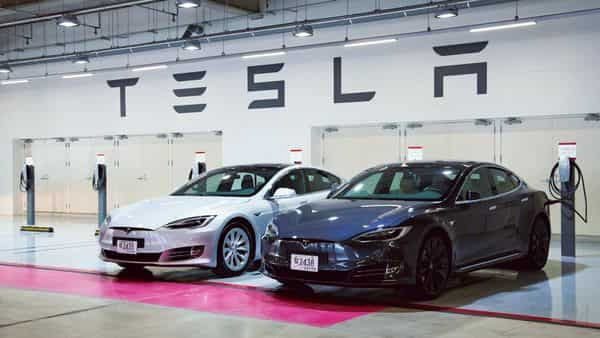The all-electric technology popularized by Tesla involves a kind of front-loading of environmental risk.
Investments such as the new battery factories announced by General Motors this week are mainly about securing greater control over the supply, technology and costs of the most important EV component.
Buying battery cells made with renewable electricity is one focus.
The industry used to worry more about cobalt, which is sourced mainly from the Democratic Republic of Congo amid charges of child labor, but in recent years the metal’s role in battery chemistry has shrunk.
Auto makers Volkswagen and Daimler, German chemical giant BASF and smartphone maker Fairphone last week formed a “responsible lithium partnership” to protect the area in Chile that produces much of the global supply.
Extracting cost reductions from the battery supply chain, which is necessary to make EVs more affordable, becomes harder and slower if auto makers limit themselves to metal supplies they can certify.
Because lithium batteries spread around the world in mobile phones, it is sometimes mistakenly assumed they are subject to the same deflationary trends as the microelectronics industry, which has thrived amid the global abundance of silicon for semiconductors.
“The data is pointing to the battery cost curve coming down much more slowly than hyped.
Wealthy consumers might continue to adopt luxury EVs, but in the absence of generous subsidies it is hard to see the technology taking over much of the mass market until they are cheaper than traditional cars.
